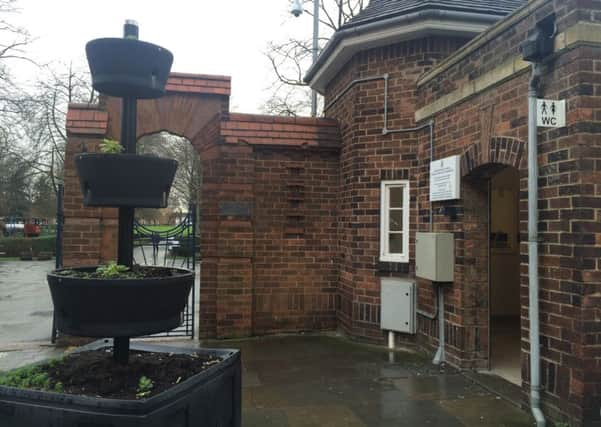Could Boston lose it public loos - with businesses asked to open up their doors?


The cross-party Prosperous Boston Task and Finish Group, will also tell councillors on the Boston Town Area Commttee that businesses could be asked to provide facilities instead.
It is in the midst of an 18-month project, looking at how to make the town better for residents, shoppers and visitors.
Advertisement
Hide AdAdvertisement
Hide AdIt will be presenting an update on its consideration of public toilets to the committee at 6.30pm.
Under the heading Future Provision, the report states: “There are a number of Local Authorities across the country who have made the decision that, as a Discretionary Service, they will cease to provide Public Toilet facilities and have looked at private provision, ie working with partners in the commercial sector to enable them to open their facilities to the general public, whether they be retail outlets or public houses, or hotels, for example.
“As part of the Member-led EPC Task and Finish Group looking at the Town Centre, this option may well be discussed as a potential solution for the Borough Council to consider, as there is no doubt that, even with an income stream arising from charging, the costs of provision will always be considerable.”
The report notes that the council currently manages five public facilities at Central Park, Cattle Market, Lincoln Lane, Boston Cemetery and Leverton Layby.
Advertisement
Hide AdAdvertisement
Hide AdIt notes £235,000 investment in the park, market and Lincoln Lane facilities, which it says has ‘transformed all three sites’ – despite an initial negative reaction to the introduction of charging at Central Park.
The cost of running the toilets is £200,000 per year according to the report, with the three ‘chargeable’ facilities making £21,400.